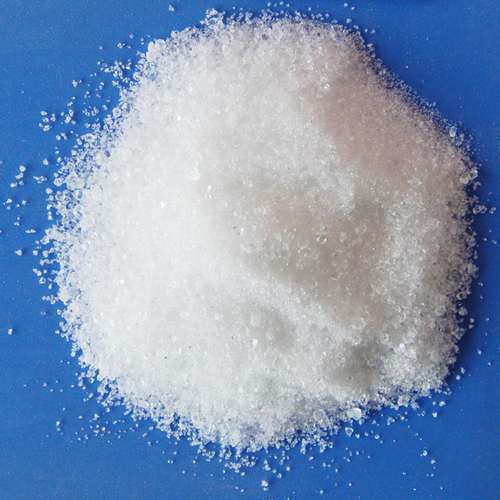Welcome To ChemAnalyst

In the mid-of the first quarter, the conflict in the eastern European region broke out as the Russian forces started their "special military operations" in the Ukrainian territory. Besides creating hindrances by altering global trade, the production and consumption patterns significantly shocked the commodity markets. The analysis conducted by World Bank showcased that the current trend is likely to impact the market by the end of 2024. The inflation in the market has consistently soared, levying its impact on price increment for food commodities. The impact was further aggravated by a surge in the restriction in the trade of food, fuel, and fertilizers.
Along with the anticipated shortages in the essentials grains, the world is looking out towards Indian supplies, as it is one of the largest agricultural-driven economies. At the same time, the nation has been facing fertilizers shortages since the second half of 2021, after the Chinese authorities restricted phosphate-based fertilizers exports to the overseas market. In response, the Indian authorities sought alternatives to ensure supplies besides providing subsidies for a significant term till March. Along with such development, inquiries from the overseas market have already impacted the market dynamics. At the same time, the Government's intervention for the fertilizers subsidy is likely to peak at an all-time high of USD 21.6 Billion during the FY 2022-23 to assess the rising inquiries from the overseas market amidst the concerns induced by the upcoming food crisis.
In comparison, the strict measures of the Western nations over Russian supplies have raised concerns as even the domestic players were uncertain about actions that made them reluctant to procure the Russian cargoes. The Indian authorities pushed the narrative to self-reliance on fertilizers production and ensured the supply ahead of its peak season. In addition, the Nagarjuna Fertilizers and Chemicals restarted urea production at the Andhra Pradesh plant.
As per ChemAnalyst, the Phosphoric Acid offered quotations gained an increment of 12% on a year-on-year basis. In addition, the diversification of its end-use applications in the Electric Vehicle sector has shifted its market dynamics significantly. Whereas the Non-Urea Fertilizers are likely to maintain the upward trajectory due to the supply concerns.
We use cookies to deliver the best possible experience on our website. To learn more, visit our Privacy Policy. By continuing to use this site or by closing this box, you consent to our use of cookies. More info.
